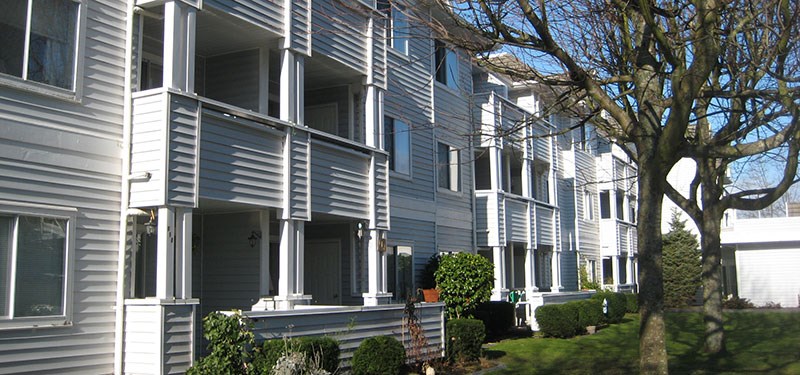Metro Vancouver regional government planners have advised directors that an “unprecedented” rise in construction costs is now “significantly impacting the development of new housing and in particular, affordable rental housing.”
In a report to the board on May 27, Laurel Cowan, program manager for housing planning and policy and Jason Hingley, director of housing planning, development and finance, say construction costs have risen 15% per year since January 2020, whereas the annual rate of inflation over the 10 years prior to the onset of the pandemic was just 2.6%, on average.
These added costs will eat away at the $100 million the regional government has budgeted for the next decade to build affordable housing projects, according to the planners.
Metro Vancouver Housing states online it provides affordable rental homes for more than 9,400 people on 49 sites across the Metro Vancouver region. The 10-year plan aims to add 1,350 new and redeveloped units. Another $90 million is earmarked for renovations, according to the plan.
“Metro Vancouver Housing will continue to assess projections for escalation rates moving forward and return to the Committee and Board to advise how this will impact housing development projects and budgeting,” the report states.
Supply chains interrupted by COVID-19 policies started the cost escalations: “The shutdown of sawmills, combined with mild weather in B.C., made it more difficult to harvest logs, driving the cost of lumber and other wood and softwood lumber. The most significant increases in material costs were lumber and plastics, followed by concrete, steel and fixtures.”
Then came a 25% to 30% rise in fuel costs to compound the costs of supplies.
Compounding matters have been the February attack on Ukraine by Russia and the subsequent rise in interest rates to quell inflation, the report notes.
“This limits the construction industry’s ability to borrow cash and is anticipated to impact project costs moving forward,” states the report.



